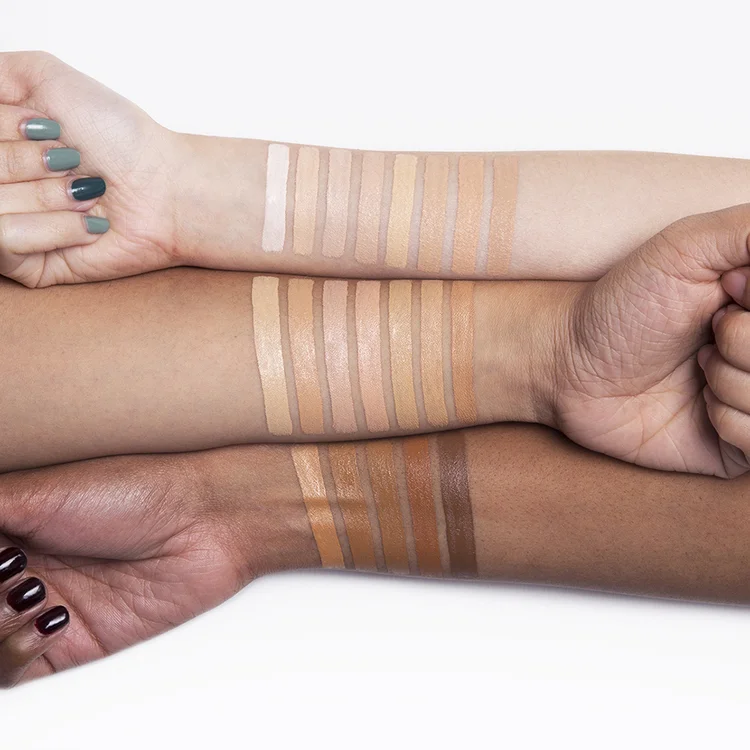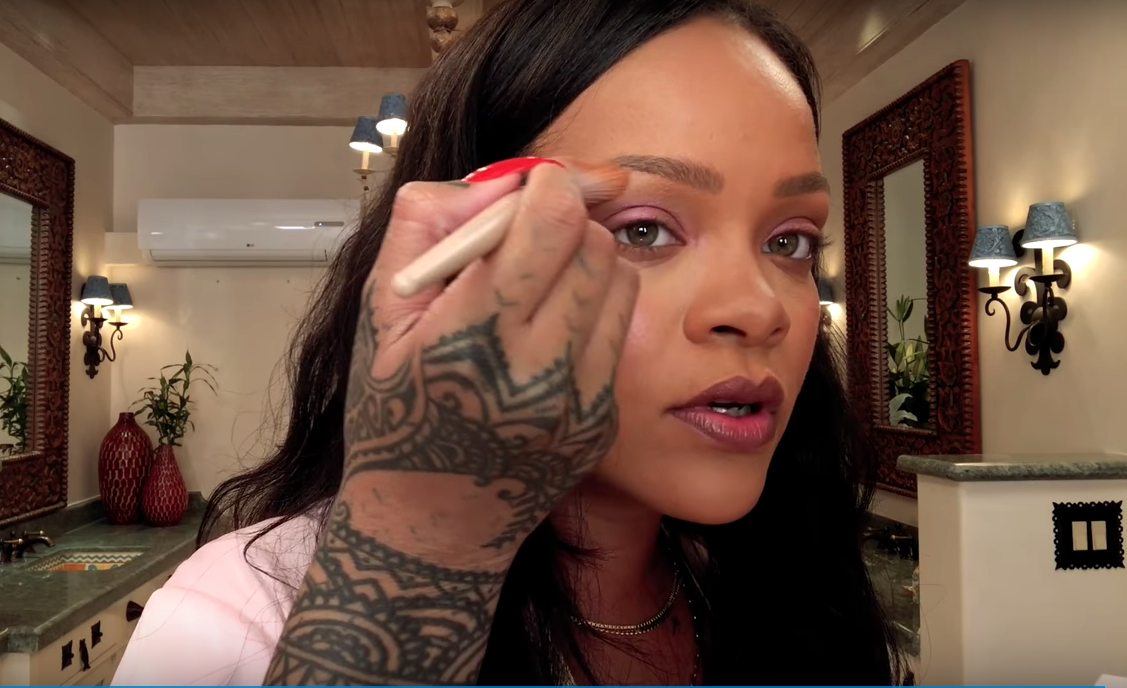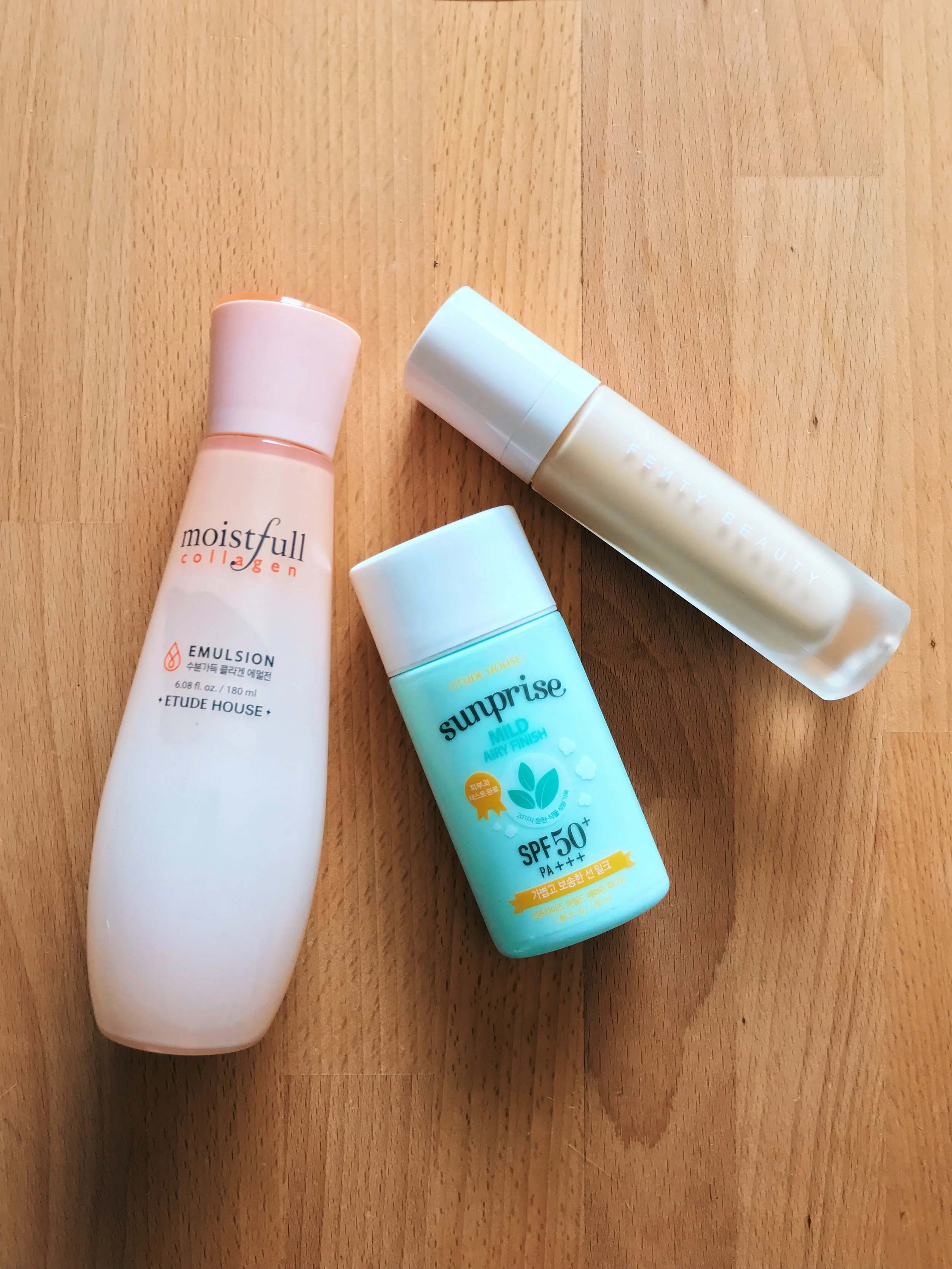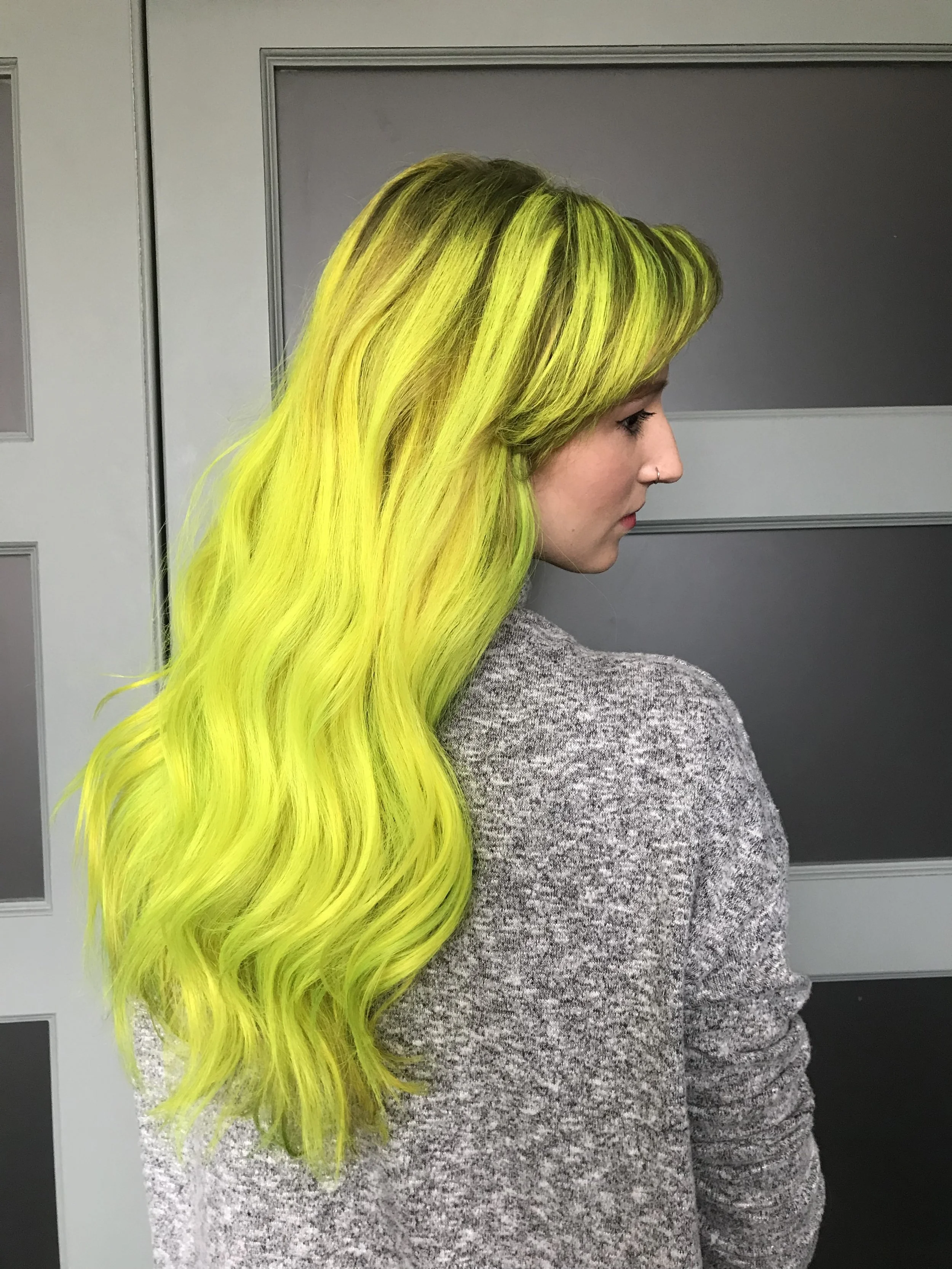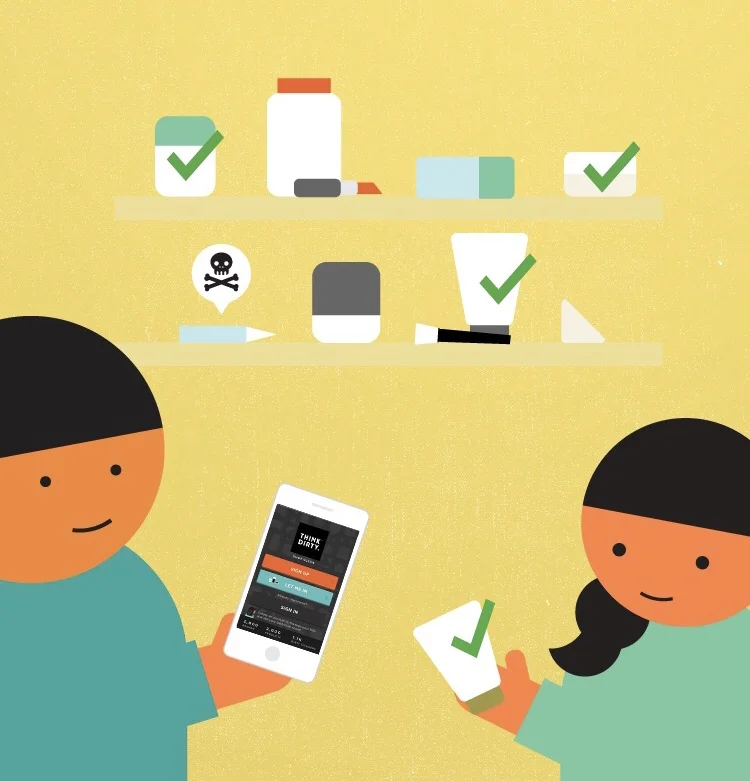When we’re heading to the beach, we’re usually thinking about avoiding traffic, making sure to wear the perfect suit, and packing enough beer. But the salt and sun can leave you feeling tired, drained and dry...and they can do the same to your skin and hair. Here are the best ways to protect yourself when you’re laying out, and once the vacay is over, to nourish your skin and hair.
Before You Go
Protect the skin and hair by using a hat and clothing, or an umbrella
Hair: Similar to how your hair will naturally lighten in the sun, rays can pull the artificial colors out of your hair. This is particularly an issue for people who have highlighted their hair or lightened it in some way, because as the underlying pigments get exposed to the sun the tone of your hair will turn warmer and brassier. But even darker colors are prone to turning brassy if exposed to the sun, so keep an eye on it.
Skin: If you’re out and about you might not have the opportunity to reapply your sunscreen. If that’s the case, covering up will protect you from those harsh rays. Hats or umbrellas are a great way to prevent your scalp from burning and keeping the sun off of your neck and face without having to think about it. Even if you’re wearing SPF 100 all day long, the best defense is limiting your exposure–think of it as abstinence for your skin.
Wear daily SPF & SPF for extended sun exposure. The American Cancer society recommends 15+ for daily use and 30+ for extended periods of exposure. Because we all have different amounts of melanin in our skin, everyone has different levels of sun sensitivity. We use 30 or higher on our faces just to commute to work–it’s easy to forget how much sun you get on the reg. For beach or pool time Beauty Dummy recommends 50 or higher for the face to better help prevent burning and premature aging, including wrinkles and dark spots. You can even use baby sunscreen because it contains a high level of protection and can sometimes be cheaper than “adult” sunscreen with the same ingredients. Just a little tip we picked up from raiding dollar stores over the years.
Don’t forget to apply to:
Tops of your hands
The feet
Behind the knees
Under your buttcheeks
Front and back of your neck
Ears
Lips–we like: Sun Bum’s Sunscreen Lip Balm in coconut!
Use SPF/UV protection in your hair before you go in the sun. This will keep your color fresher for longer and keep your hair and scalp protected from sun damage (yes even hair can get sun damage). We recommend Supergoop’s Poof 100% Mineral Part & Scalp Powder because it’s easy to apply and is part dry shampoo/part SPF 45 for maximum scalp protection.
Put conditioner in your hair before swimming in the ocean or pool. Salt water is abrasive and pulls moisture out of your hair, as well as artificial color. Conditioner is moisturizing, so it will give you a buffer of protection. Sweat can also be very drying, so conditioner can help even if you’re not planning on going in the ocean. We recommend: Living Proof’s Perfecting Spray which also contains UV and heat protection up to 400 degrees. It is suggested to apply on damp hair but we also like to spray it on dry to rehydrate crispy ends. You can also slather on a deep conditioning mask to give yourself a little treatment while you swim.
Be mindful of your medications, including topical treatments. Certain ingredients are photosensitive, which can increase sun damage. This is true for many antibiotics and acne products. Ask your doctor, and if this applies to you, it’s extremely important to follow the above steps. You might even wanna avoid the beach altogether. Sad, but true.
While You’re Chillin
Hydrate. The sun is dehydrating for your whole body inside and out. It’s important to remember to rehydrate with lots of water, especially if you’re drinking alcohol. If preventing the hangover isn’t reason enough, think of your skin.
Set an alarm to reapply your products! If you’re not good about remembering to re-up on the sun protection or water intake, setting an alarm on your phone is an easy way to keep yourself in check.
Once You’re Inside
Rehydrate the skin. Hyaluronic acid helps pull moisture to the skin to hydrate and help repair the skin barrier. We recommend: Pixi’s Hydrating Milky Mist to spray on your face before, during, or after your moisturizer or makeup application. We also really like this Hydrating Milky Serum before your moisturizer for healing and nourishing the skin. It’s full of vitamins, rosehip oils and other ingredients that help plump the skin and fill in fine lines and wrinkles.
Care for your sunburn
You probably know by now that aloe vera is kind of magical. Check out our previous post on all the amazing things you can do with it here
A lot of natural fruit enzymes like papaya and pineapple help with hyperpigmentation to brighten the skin and fade dark spots. Turmeric works great for this, too. There are tons of at-home face masks you can make to help correct and nourish your skin–check out our post on the Do's and Don'ts of DIY face masks.
If you have blisters, purple coloration, dizziness or nausea, see a doctor immediately. These are symptoms of sun poisoning.
Skip the shampoo. Traditional shampoo is drying by nature, so after swimming in salt water, opt for a thorough rinse followed by conditioner. Note: If you’re swimming in a chlorine pool, we recommend shampooing and conditioning as normal. It’s never good to leave those chemicals in your hair–they’re damaging to your scalp and hair, as well as natural and artificial hair colors (remember that girl with green hair on your swim team?)
Condition, condition condition. A deep conditioner will moisturize the hair and also act as a scalp treatment. Shea Moisture’s Manuka Honey Hydration Masque is great for all hair types and can be used weekly.
Focus on health: As we say all the time, anything going on internally will be shown externally. It’s important to pay attention to how your body feels and what it’s clearly craving.
Hydrate from the inside out. Drink plenty of water and eat your water by having lots of raw veggies.
Take vitamins, try to eat an anti-inflammatory diet & eat foods with antioxidants.
Watch your stress level. Relax and give your body a break. After all, that’s supposed to be the whole point of vacation.



